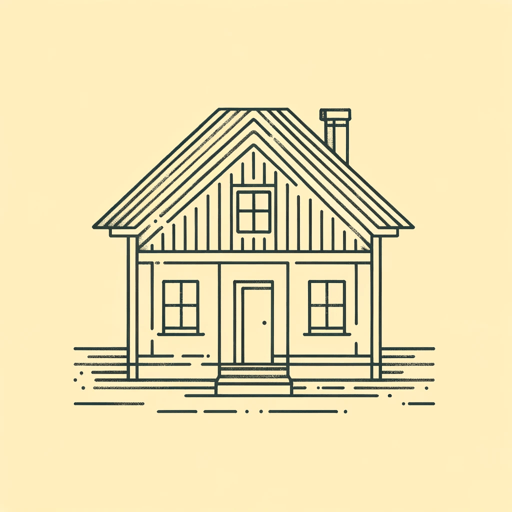19 pages • 38 minutes read
Robert LowellHome After Three Months Away
Fiction | Poem | Adult | Published in 1959A modern alternative to SparkNotes and CliffsNotes, SuperSummary offers high-quality Study Guides with detailed chapter summaries and analysis of major themes, characters, and more.
Further Reading & Resources
Related Poems
“Howl” by Allen Ginsberg (1956)
Allen Ginsberg was a key Beatnik member—a bohemian literary movement whose members wrote relatively transgressive poetry and novels during the middle part of the 1900s. Although Lowell wasn’t a Beatnik, Ginsberg inspired him, and critics believed Ginsberg’s Confessional poetry pushed Lowell to write more overt personal poems, like “Home After Three Months Away” and the other Confessional texts that appear in Life Studies. “Howl” predates Life Studies but features many of its themes, including mental anguish. “Howl” begins with the speaker, Ginsberg, or his poetic persona, declaring, “I saw the best minds of my generation destroyed by madness, starving hysterical naked” (Line 1). As with Lowell, Ginsberg describes people in a disquieting state. Like Lowell, Ginsberg includes real-life experiences. Unlike Lowell’s poem, Ginsberg’s work features a propulsive rhythm, with its long, breathless lines and the repetition of “who.”
“Skunk Hour” by Robert Lowell (1959)
Life Studies ends with “Skunk Hour.” The poem is probably more well-known than “Home After Three Months Away,” yet it tackles similar themes and ideas. In “Home After Three Months Away,” Lowell uses nature and irony to symbolize his mental health. In “Skunk Hour,” Lowell represents his mental health through a dilapidated town in Maine occupied by skunks.
Related Titles
By Robert Lowell



